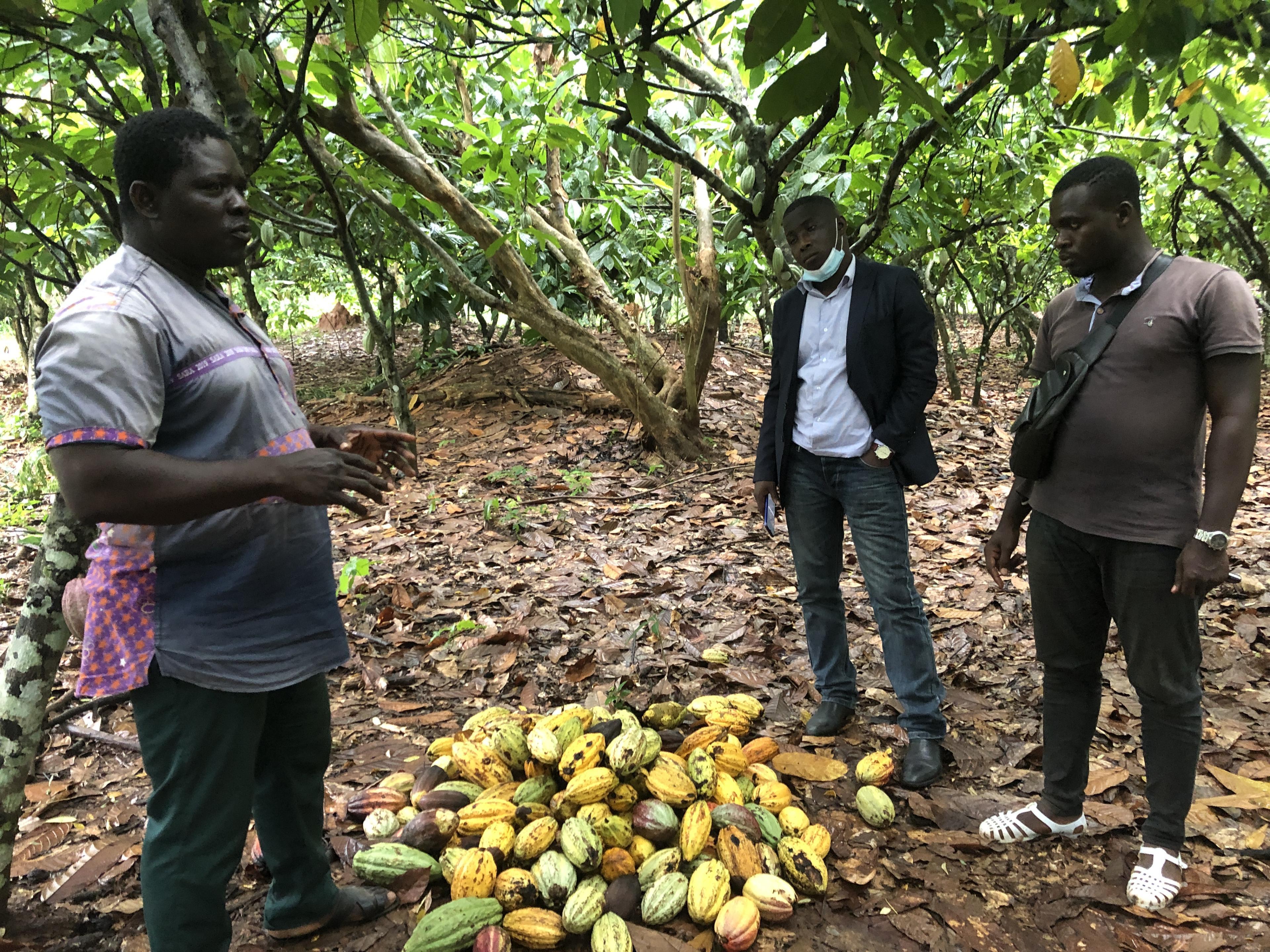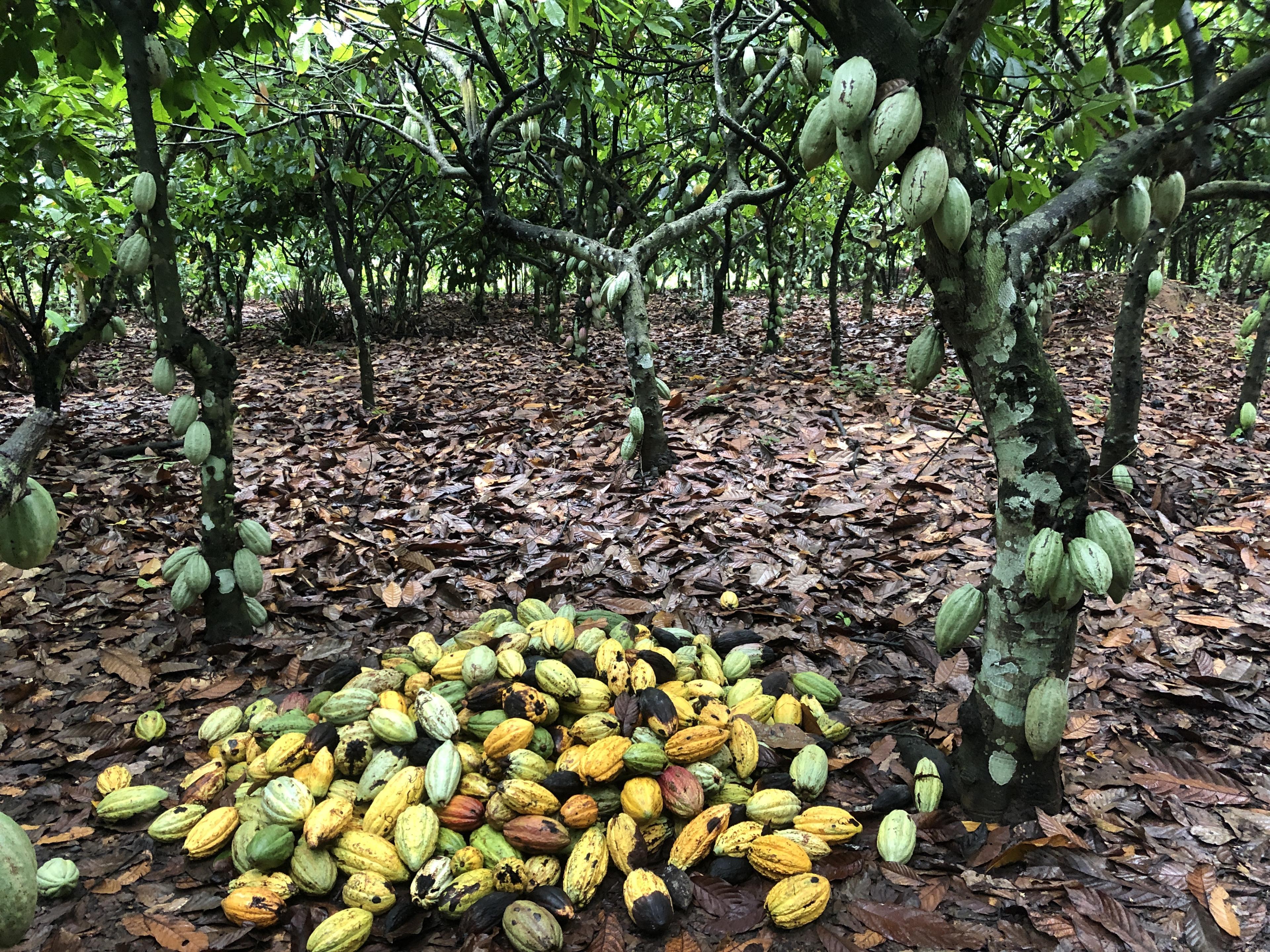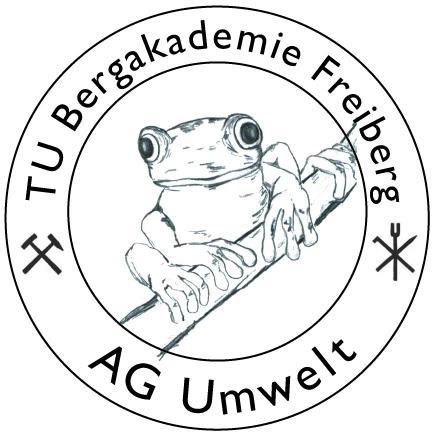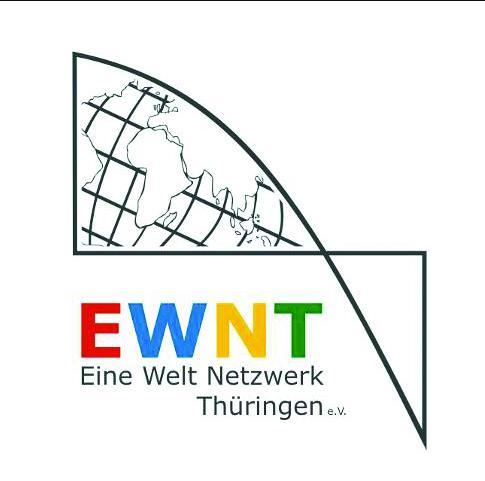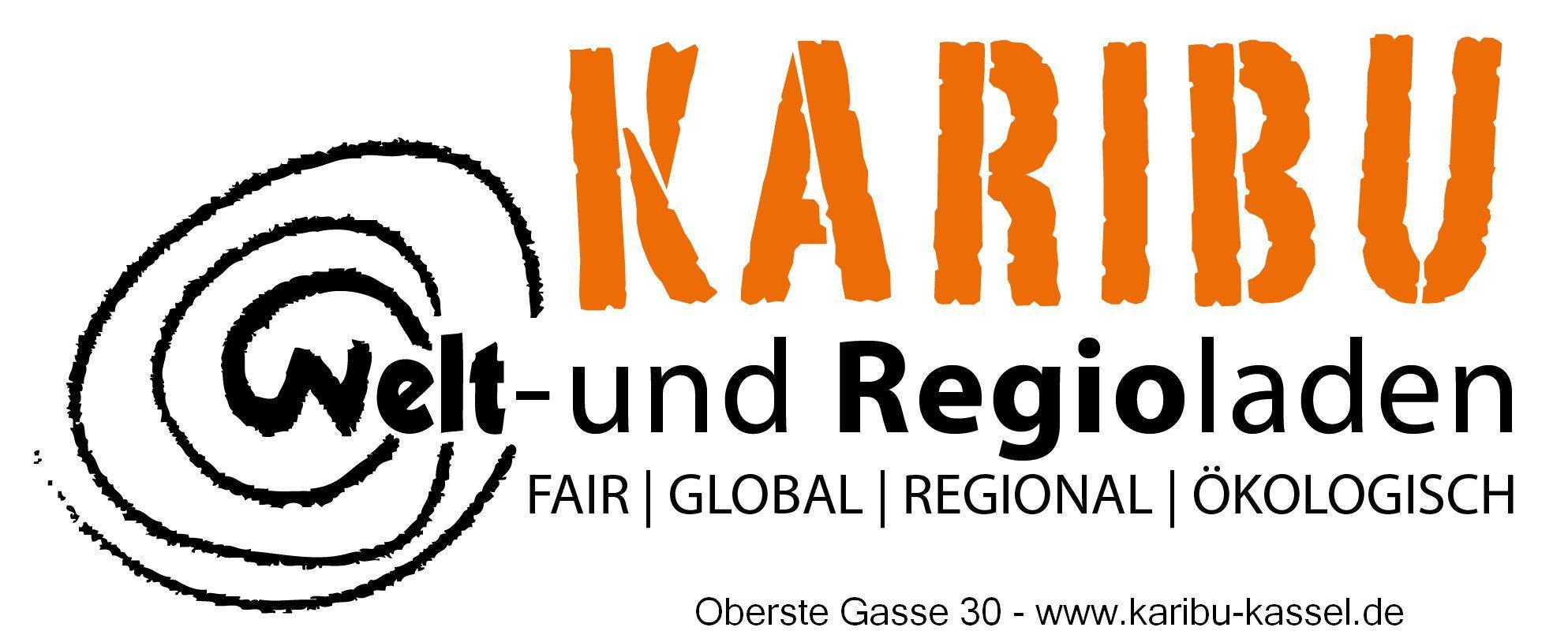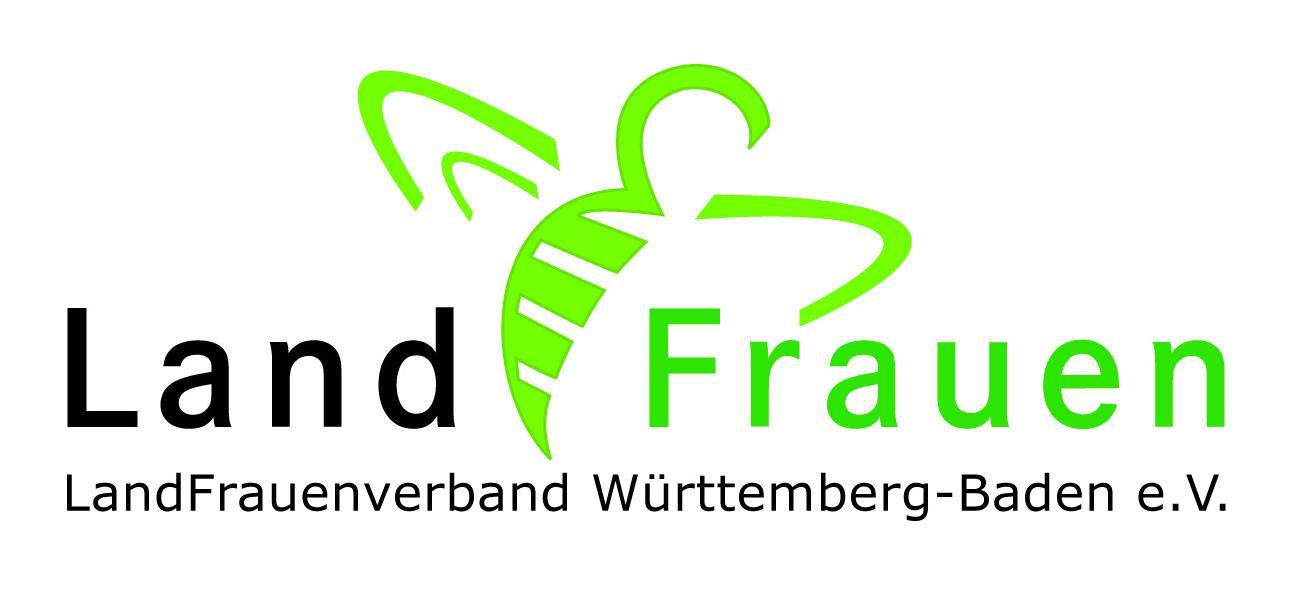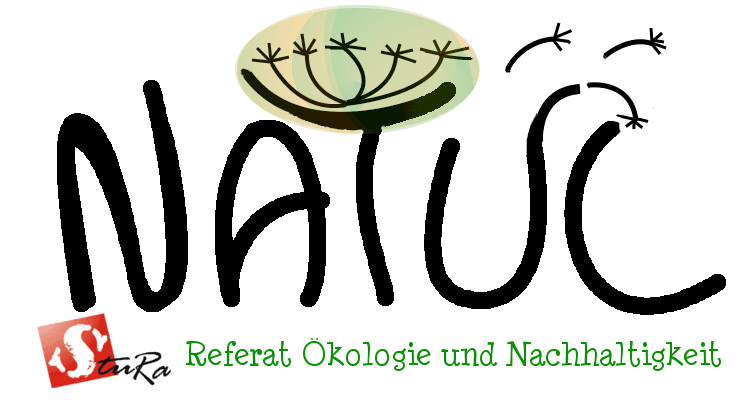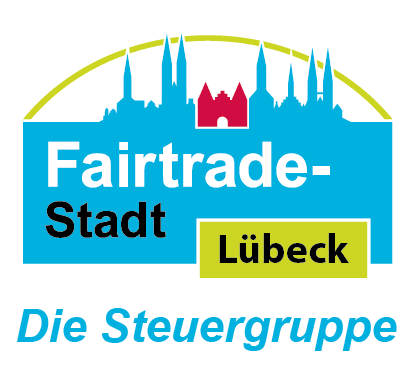Pesticides in cocoa farming
Damage to cocoa farmers’ health and a dramatic decline in biodiversity - these are the consequences of the increasing use of pesticides in cocoa farming. Between 75 and 96 percent of cocoa farmers in West Africa - the world's most important cocoa-growing region - now use these pesticides to control pests. It is therefore very likely that the cocoa beans from which our favourite chocolate in Germany was made have come into contact with pesticides.
In cocoa farming, there is a clear focus on increasing yields and using agricultural land ever more intensively. Thus, almost all of the major cocoa grinders and chocolate manufacturers are focusing their sustainability initiatives on increasing crop yields. A simple means of achieving this in the short run is the use of pesticides, as cocoa trees are particularly susceptible to pests and diseases.

Pesticide use has been increasing for years
In the cocoa growing regions of West Africa, a significant increase of pesticide use can be observed. In Côte d'Ivoire, the use of pesticides in the cocoa sector has increased twelvefold in the last 20 years. In Ghana, national agricultural policies are driving the massive use of pesticides in the cocoa sector. A particularly dire consequence is that the prevalence of children working with pesticides has increased almost threefold in the last decades.
Many cocoa producers spray the pesticides without protective equipment because they simply cannot afford it. Another major problem is that pesticide waste is often not disposed of properly. Containers with pesticide residues are often disposed of in nature or stored in private homes. As a consequence, many people - not least an increasing number of children - are exposed to toxic pesticide residues, while elsewhere these residues seep into soils or flow into water bodies.

Viele Kakaoproduzent*innen versprühen die Pestizide ohne Schutzausrüstung, weil sie sich diese schlicht nicht leisten können. Ein großes Problem ist auch, dass die Pestizidabfälle oft nicht sachgerecht entsorgt werden. Kanister mit Pestizidrückständen werden in der Natur entsorgt oder in Haushalten gelagert. So kommen Menschen – nicht zuletzt viele Kinder – mit giftigen Pestizidrückständen in Kontakt, während diese Rückstände andernorts in Böden sickern oder in Gewässer fließen.
Less cocoa production due to too many pesticides
Compliance with national pesticide regulations is insufficiently controlled in cocoa-growing countries. As a result, banned and counterfeit products find their way into cocoa communities. In addition, pesticide regulations in the growing countries are often weaker than in many European countries. What few chocolate lovers know: The majority of these pesticides and the active ingredients used in cocoa farming are banned in Europe due to their hazardous health risks to people and the environment.
The massive use of pesticides also leads to the death of insects imperative for pollination. The result is devastating: crop yields have declined to such an extent that the Ghanaian cocoa authority has switched to pollinating cocoa plants by hand with tweezers.
So far, the dangers of the use of highly hazardous pesticides in cocoa cultivation have been largely ignored by the major cocoa and chocolate companies. When asked, they refer to national laws of the growing countries and compliance with international standards. However, no company has yet been able to present a systematic review and documentation of which pesticides are used in its own supply chain.
We therefore demand:
- The cocoa and chocolate industry must reduce the use of pesticides in their supply chains to a minimum and end the use of highly hazardous pesticides! Instead, agroecological approaches must be promoted.
- To avoid the use of pesticides banned in the EU in cocoa cultivation, the German government and the European Union must stop their exports!
Alternatives to the use of highly hazardous pesticides do exist. Agroecological cultivation of cocoa does not make use of synthetic pesticides - organic cooperatives like SCEB in Côte d'Ivoire show how it is made. But agroecological and other alternative approaches are still a niche. There is a lack of public and private support, which still too often goes to subsidising highly toxic pesticides. There is a great need for change.
